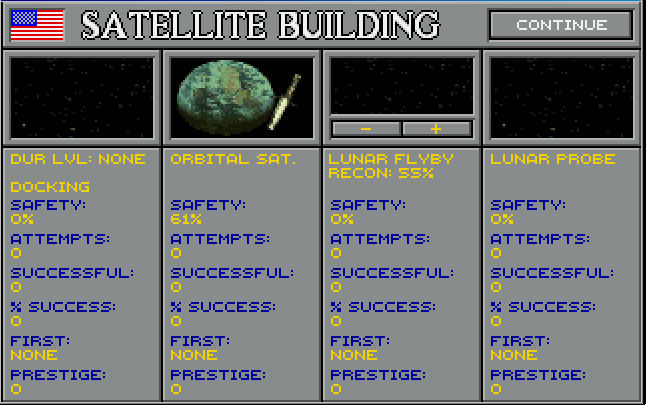

Footnote 3 The Falcon Heavy conveyed this idea quite concretely. In this sense, SpaceX’s Falcon Heavy also carried a crucial ideological payload: the very idea of private enterprise and capitalist relations overtaking outer space. Additionally, visions once restricted to the domain of science fiction now seemed increasingly attainable, freed from the (alleged) impediments of slow-moving nation-states: with the ascendancy of private corporations like SpaceX, satellite launches, space tourism, asteroid mining, and even the colonization of Mars seemed increasingly achievable (Cohen, 2017 Dickens and Ormrod, 2007a, 2007b Klinger, 2017 Lewis, 1996). SpaceX seemed to usher in an era differing markedly from that other period of astronautical excitement, the Cold War-era space race between the United States and the Soviet Union. With this first Falcon Heavy test flight, which produced widespread public enthusiasm and outpourings of support from both politicians and industry observers, Footnote 2 SpaceX demonstrated that private corporations were busy redefining the domain of space exploration. Multiple reusable parts, including first-stage boosters (and, in later versions, composite payload fairing) Footnote 1 provided a lift capacity nearly twice that of the next-most powerful rocket in operation, the United Launch Alliance’s (ULA) Delta IV Heavy, and at nearly one-third the cost. With its significant thrust and payload capacity, the Falcon Heavy had the ‘ability to lift into orbit nearly 64 metric tons…a mass greater than a 737 jetliner loaded with passengers, crew, luggage and fuel' (SpaceX, 2018). On 6 February 2018, the California-based Space Exploration Technologies Corp., also known as SpaceX, launched its first Falcon Heavy rocket, a powerful, partially reusable launch vehicle, into space from Cape Canaveral Launch Complex 39 in Florida. In this way, the ultimate spatial fix is perhaps (outer) space itself. Outer space serves as a spatial fix, allowing capital to transcend its inherent terrestrial limitations. Moreover, the arrival of capitalism in space is fueled by the expansionary logic of capital accumulation. We describe this complex as ‘capitalistkind'. Despite its humanistic, universalizing pretensions, however, NewSpace does not benefit humankind as such but rather a specific set of wealthy entrepreneurs, many of them originating in Silicon Valley, who strategically deploy humanist tropes to engender enthusiasm for their activities. While challenging the libertarian rhetoric of its proponents-space enterprises remain enmeshed in the state, relying on funding, physical infrastructure, technology transfers, regulatory frameworks, and symbolic support-NewSpace nevertheless heralds a novel form of human activity in space. NewSpace marks the arrival of capitalism in space. This era, driven by private corporations such as Elon Musk’s SpaceX and Jeff Bezos’s Blue Origins, has been labeled by industry insiders as ‘NewSpace'-in contrast to ‘Old Space', a Cold War-era mode of space relations when (allegedly) slow-moving, sluggish states dominated outer space.

We are entering a new era of the commercialization of space, geared towards generating profits from satellite launches, space tourism, asteroid mining, and related ventures. Outer space is becoming a space for capitalism.


 0 kommentar(er)
0 kommentar(er)
